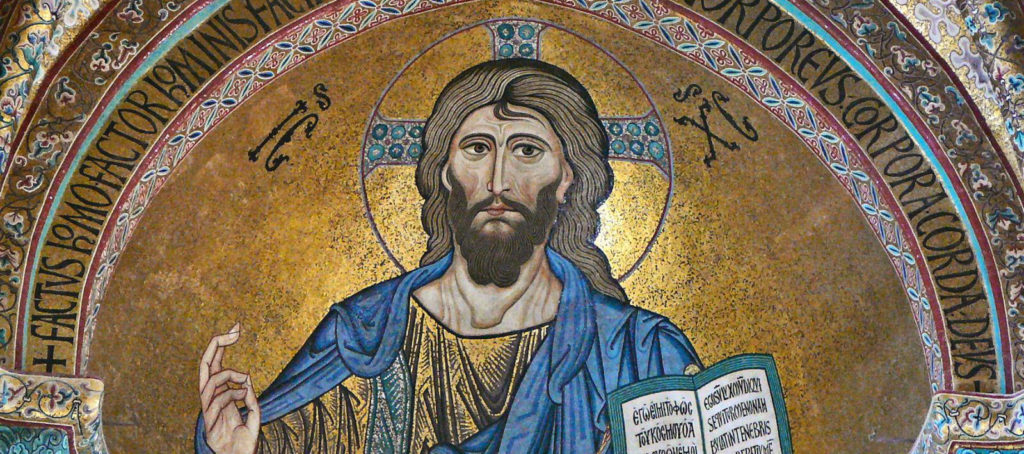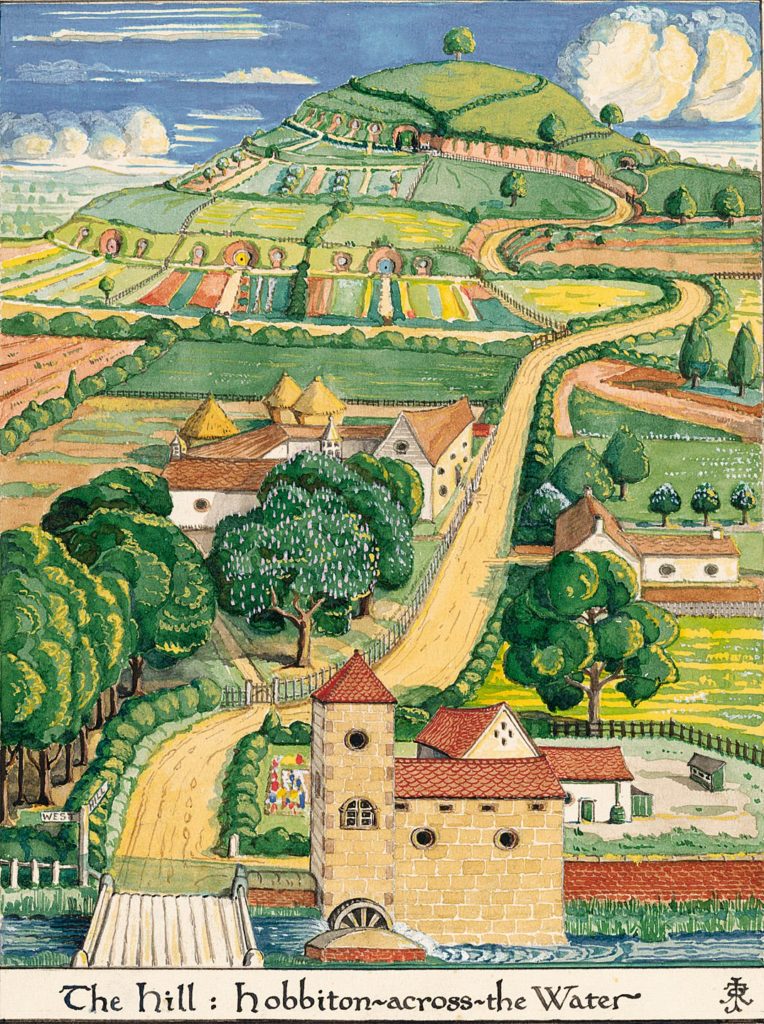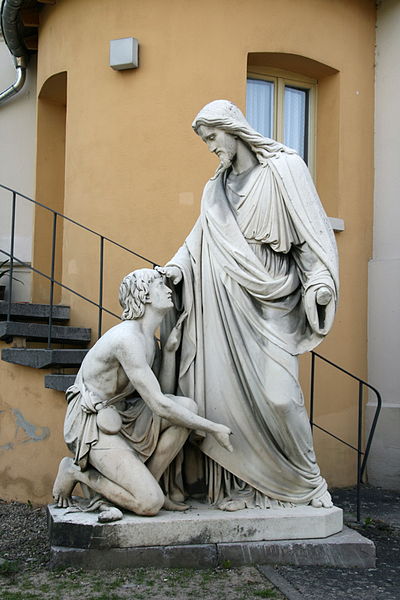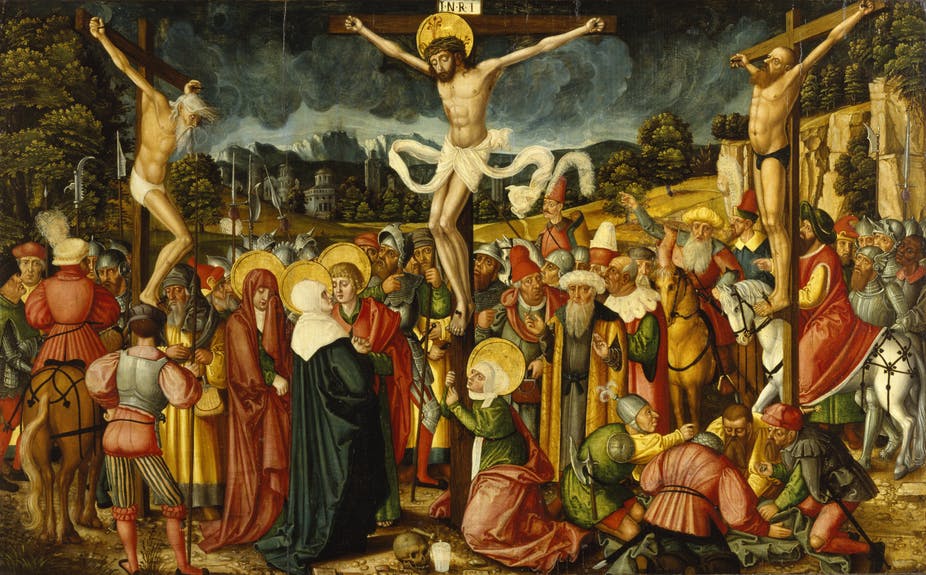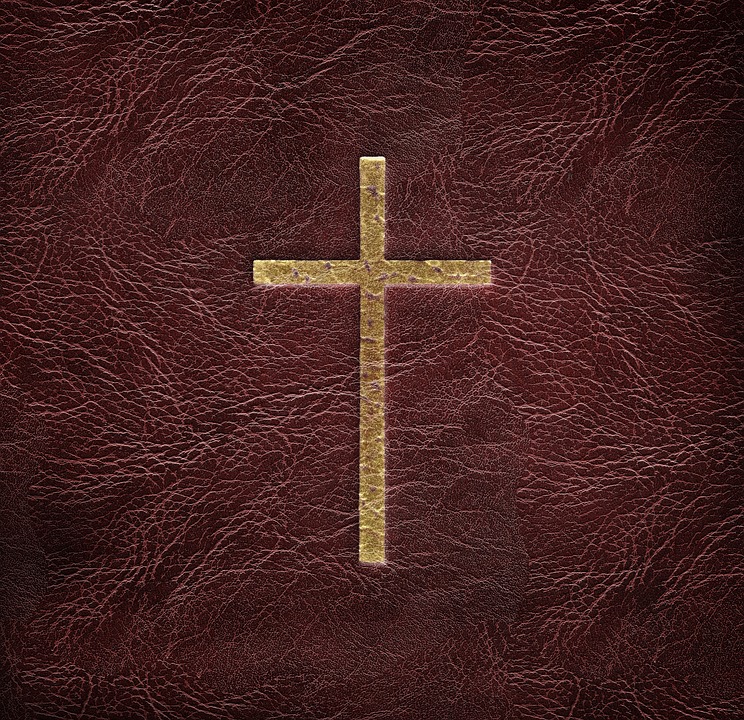
Malachi 3:1-4
Canticle 16 (Luke 1:68-79)
Philippians 1:3-11
Luke 3:1-6
Click here to access these readings.
Goodness gracious, Luke. I didn’t know this was going to be a history test! What’s with all these names? “In the fifteenth year of the reign of Emperor Tiberius (oh, which one was that), when Pontius Pilate was governor of Judea (oh, good, I know him; he’s the guy with Jesus at the end), and Herod was ruler of Galilee (I know him, too; he’s the guy who kills John the Baptist, right?), and his brother Philip (who?) ruler of the region of Ituraea and Trachonitis (wait, where?) and Lysanias ruler of Abilene (huh?), during the high priesthood of Annas and Caiaphas (I think I remember that last guy), the word of the God came to John son of Zechariah in the wilderness.” That’s. a. mouthful. I had to look up half of these names to figure out how to pronounce them. And if John hears the word of God in the wilderness, what does all this stuff about kings and emperors and rulers who have been dead two thousand years have to do with anything? Why does Luke care, and why does he think we should care about who ruled what when?
Well, let’s try this. Instead of talking about biblical times, let’s do Luke’s thing in our own time. So: “In the second year of the presidency of Ronald Reagan, in the year when the film E.T. – the Extra Terrestrial was wowing audiences, when Michael Jackson released his hit album, Thriller, when John Belushi died of a drug overdose, when stamps cost 20 cents and a movie ticket about three dollars, and in the year when the first artificial heart was implanted in a human, your vicar Timothy Hannon was born.” Fwew. Did you get all those references? Now, I could easily have said, “I was born in 1982”, and this would have given you all the information you needed about how old I am. But that would have been just a number, and a number isn’t what’s important about a person. I hope that when I was describing the things that happened in the year I was born, you heard a little voice say, “E.T. phone home”, or you saw in your mind Michael Jackson doing the moon walk, or thought of the Blues Brothers, or thanked God, perhaps, that we have such medicine as artificial hearts. I hope you experienced that, and more, in one sweeping image. That’s the world I was born into, and knowing that world helps you learn just a little bit more about me.
This is what Luke wants us to experience as well. And while we might not know who Herod’s brother Philip was, and while we might not be moved in the same way by the name Lysanias of Abilene as we might be the name Ronald Reagan, I think we can still see what Luke wants us to see: the gospels are no fiction. This all happened in history, and Luke wants his audience back in the first century to remember what it was like living under Pontius Pilate, or of the stories their parents and grandparents used to tell about Herod. And John the Baptist and Jesus Christ, Peter and Judas and the rest of the apostles, they did not walk around in some never-never land. As my high school chemistry teacher used to say, “This ain’t no play-like.” No. This is real. John called on folks to repent beneath the same sun we sitting under today; and Jesus went to get baptized in the river Jordan, that same river that, if you don’t mind a long plane trip and have the money, you yourself can go and see and swim in. And, to skip ahead to the end of the story, Jesus was crucified on a real hill outside a real city. This stuff is real, and it really happened, and that’s one of the reasons it’s all so important.
Now, I preach often about the “realness” of Jesus Christ. I think it’s important that we remember, and remember often, that Jesus Christ was a living, breathing human being. He had hands, he sat by the fire and listened to stories, he slept and sneezed, laughed and cried. Remembering this teaches our heart that God is not some far distant entity, sitting alone in some heaven that we can’t even hope to reach. God became a human being to bring a message of love and hope and peace. And when Luke rattles off the names of six rules like it’s nothing, he’s trying to remind us of just this fact.
But there’s another sort of realness that Luke’s trying to remind us about. It’s the realness of the world. Now, in the Bible, oftentimes “the world” is the bad guy. We Christians are called to live apart from the world, to step away from the ways normal people live and accept a higher and more godly calling. We Christians are meant to be counter-cultural, and not in the way that we all should be hippies or something, but that we are called to be guided by something much different from what our cultures say is good and right to do. St. John, in his gospel, reminds us that we should only have one father, one single person who we follow, and that is our father in heaven. We Christians follow a higher law.
But, that said, we Christians are called at the same time to work within the world. The world is real, and it is a place where we may – and often do – encounter God. For God is everywhere, everywhere trying to push his way in to fill the world with a greater light. One of professors at seminary used to tell us this, half joking, when she said that we need to develop a theology of administrative work.” We all laughed, but she was series. She said, “When you become priests, you’ll be called to fill out schedules; to record attendance for annual reports; to answer the phone; to chair meetings; and to call the repairman. You might think all this is all just extra stuff, but that leaves God out of so much of your work. Being a priest isn’t only about the deep, spiritual stuff; you will do all the boring, little things around a parish. Find God in all aspects of your work, and you will forever be gracious and loving.”
The Rev. Dr. Patti Hale up in Springfield taught me this one day. Back while I was discerning a call to the priesthood, I was shadowing her to see what it was like being a priest. And, one day, I pulled up to St. Matthew’s and there she was, out in the front of the church, pulling weeds from the garden. “This is also the work of a priest,” she said, wiping her brow. “Because God’s in the dirt, too.”
At the end of every service, the deacon always says (and since we have no deacon, I say it) what’s called the dismissal. “Go in peace, to love and serve the Lord” or “Go forth, rejoicing in the power of the Spirit.” And what this means is, “Go, and lift the world to God with love.” Because, goodness gracious, the world needs it. Pain and suffering are real, and people – real people – live lives in lonely despair without hope. And St. Luke reminds us, St. Luke together with all of the Bible, that it was to this world where darkness and despair are real that God came to do the work of salvation. And so we are called to do the same. We are called to be a light to the world, to remind a grieving world that goodness and love and hope are not just nice things to think about when the weather’s fair, but that they are the foundation of true reality.
So go into the world, and rejoice in the power of the Lord, for you are all torchbearers for God.

